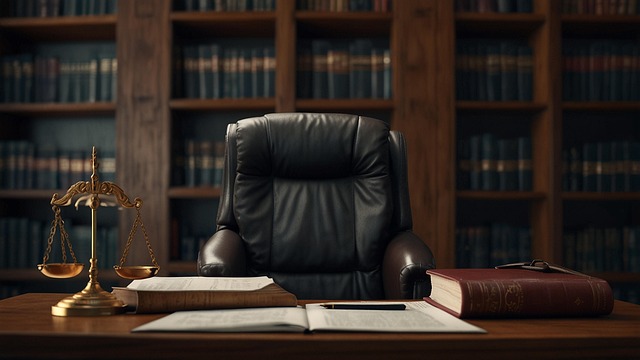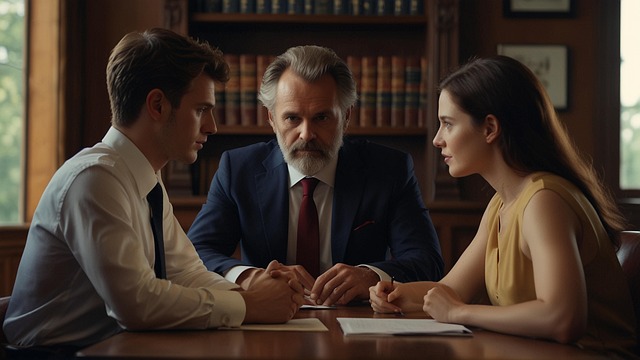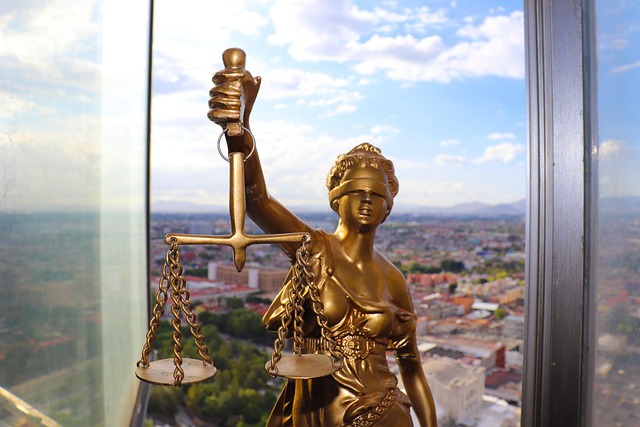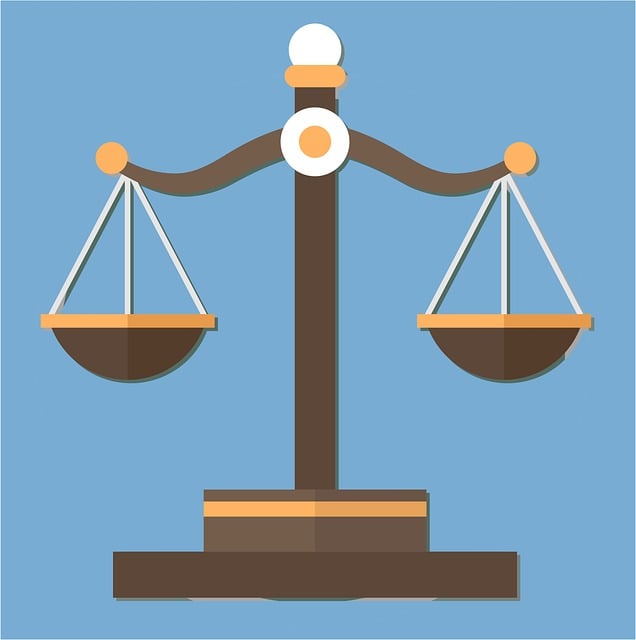Public corruption charges threaten democratic principles, emphasizing the critical need for a fair trial as guaranteed by the Constitution. The right to legal representation, confrontation of witnesses, and access to evidence are vital protections. Effective defense within the jury trial system safeguards both public integrity and individual rights, ensuring due process and upholding democratic values worldwide in combating white-collar crimes.
“Public corruption charges are a complex web of legal issues, demanding careful navigation. This article delves into the intricacies of understanding these charges from a legal standpoint, with a specific focus on the right to a fair trial as guaranteed by the constitution. We explore constitutional safeguards and due process rights, providing insights into how individuals accused of public corruption can navigate this challenging process. By examining these aspects, we aim to highlight the importance of fairness and transparency in the justice system.”
- Understanding Public Corruption Charges: A Legal Perspective
- The Right to a Fair Trial: Constitutional Safeguards
- Navigating the Process: Ensuring Due Process Rights
Understanding Public Corruption Charges: A Legal Perspective

Public Corruption Charges: Navigating Legal Complexities
From a legal standpoint, understanding public corruption charges involves delving into the intricate web of laws and regulations designed to uphold integrity in governance. These charges often revolve around allegations of misuse of power, bribery, fraud, or abuse of public funds—offences that undermine democratic principles and the rule of law. The right to a fair trial, as enshrined in the Constitution, is a cornerstone in such cases, ensuring that individuals accused of public corruption are afforded due process and a just hearing.
In many jurisdictions, combating white-collar and economic crimes has become a priority, given their significant impact on society’s economic well-being. The legal system plays a pivotal role in investigating, prosecuting, and delivering justice for these offences. An unprecedented track record of successful prosecutions not only deters future misconduct but also reinforces the message that public servants are accountable to the laws they are expected to enforce.
The Right to a Fair Trial: Constitutional Safeguards
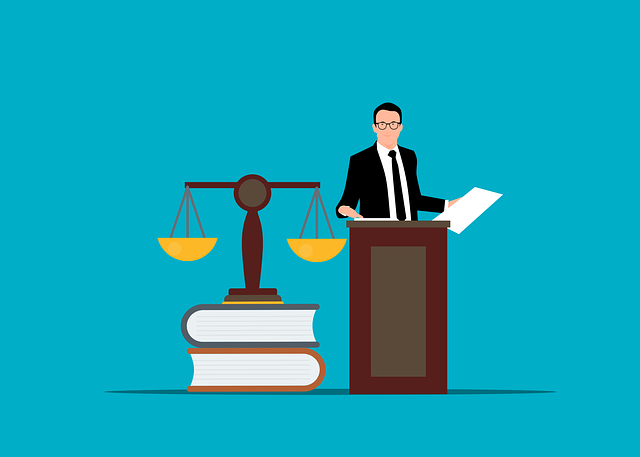
Every individual accused of a crime, be it public corruption or any other offence, is entitled to a fundamental right—the Right to a Fair Trial. This constitutional safeguard ensures that all citizens are treated equally before the law and that their rights are protected. In the context of public corruption charges, this means ensuring that the investigative and enforcement process is transparent and fair, from the initial stages of an inquiry through to any subsequent trial by jury.
The Constitution guarantees a range of protections for those facing such charges. These include the right to be informed of the nature and cause of the accusation, the right to confront witnesses against them, and the right to legal counsel. For his clients, having competent legal representation throughout all stages of this process is crucial in navigating complex legal procedures and ensuring a just outcome.
Navigating the Process: Ensuring Due Process Rights
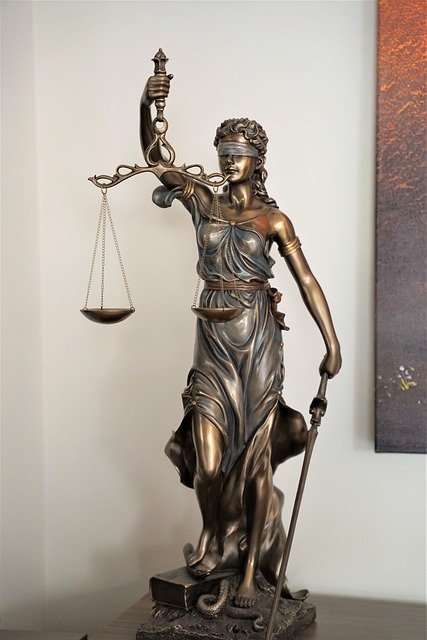
Navigating the legal process surrounding public corruption charges is a complex task, but it’s paramount to ensure that individuals accused are afforded their due process rights as guaranteed by the Constitution. This means they have the right to a fair and impartial trial, access to legal representation, and the ability to confront accusers and present evidence in their defense.
While efforts may be made to avoid indictment through various legal strategies, such as challenging the admissibility of evidence or securing a complete dismissal of all charges, ultimately, the accused’s best chance at vindicating their innocence lies in a robust defense within the framework of a jury trial. This democratic process ensures that truth and justice are pursued, protecting both the integrity of public office and the rights of those alleged to have transgressed.
Public corruption charges, while complex, are manageable through a thorough understanding of legal protections and procedural rights. As discussed in this article, the Right to a Fair Trial as guaranteed by the Constitution is paramount. By navigating the process with awareness of due process rights, individuals can ensure a just outcome. This balanced approach fosters transparency and accountability in public governance while upholding the fundamental principles of fairness.
